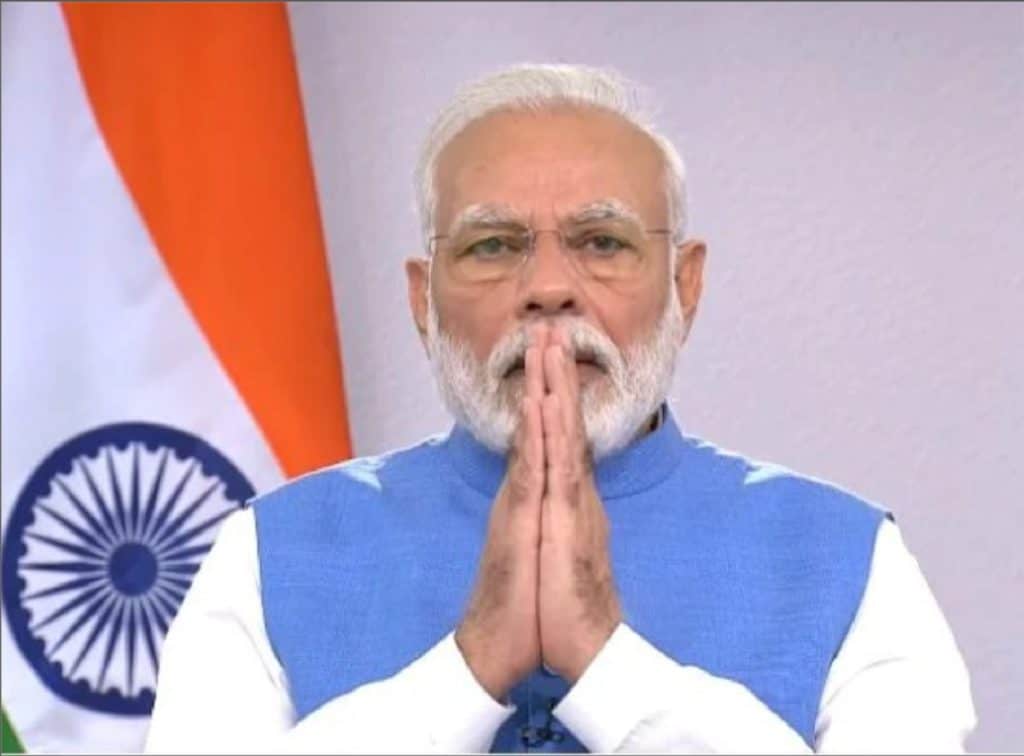The pandemic is critically pushing the country to declare Financial Emergency. Reports being shared across media about PM Modi declaring financial emergency tonight at 8:00 pm are false. Consequently, during his second address to the nation this week, he might ask citizens to abide by lock down, curfew and announce ways to help poor people during this crises.
Article 360 Economic Emergency
During destructive chaos in the nation due to coronavirus, the Prime Minister has the power to declare one of the following emergencies- 352, 356, and 360. Accordingly, article 352 is in the times of national security, whereas, 356 is during law and order breakdown in the state. Meanwhile, 360 is especially for economical emergencies. Thus, article 360 gives authority to the country’s PM to declare a financial emergency. However, with a clause that specifies the state of the nation during which he can declare the same. That situation being, the economic stability of the country has worn off, credit is under threat or any other similar conditions.
Why Article 360 Emergency Against Contagion COVID 19?
Addressing that, COVID-19 derails the country’s public and economic health, the government must take restorative and preventive actions. Also, bearing in mind the downfall of the economy since the pandemic, it is chief to issue the order that has never been priorly invoked. Besides, the two-month emergency may prove effective in restabilizing the disrupted financial stability.
Financial Crisis in India
Within few days of the dreadful COVID 19 origin, India’s economy faced its alarming impact. While, efforts are made to contain the virus by shutting malls, schools, colleges, offices, transports while abiding by the lockdown. In return, the lockdown has cost us the crippling downfall of our economy.
Before the pandemic, India was already in the middle of a crisis having received its lowest rating from Fitch, Moody’s and S&P. However, after coronavirus, our economy will see experience a long and terrifying affect.
Few of the Dire Instances of the Financial crisis
- RBI has appointed a committee of 90 people prudently over the Indian economy.
- Foreign Investors backing out of Indian market.
- Several multinational companies shut as the employees are advised to work from home.
- In other worse cases, the employees are terminated or asked to take unpaid leaves.
- Over 80% of the nation’s financial units are under lock down- Bangalore, Mumbai, Pune, Delhi, Lucknow, Kanpur, Hyderabad, Jaipur, Chennai, Kolkata, Gurgaon, Noida, Ahmedabad, and Surat.
- US dollar is crossing its highest value against the India Currency. As of today, 24-03-20, 1 USD is equal to Rs 76.18.
- The revenue-generating sectors such as oil- petrol, security service industries, transport, railways, and so on are facing the wrath of the coronavirus.
- The RBI’s contingency funds and emergency funds are depleted and in no state to help the current financial crisis.
- The worst of all cases is the share market of India. For instance, the National Stock Exchange (NSE) and Bombay Stock Exchange (BSE) haven’t experienced a spike after the pandemic hit. Rather, they are experiencing a continuous steep fall.
Declaration of Financial Emergency Inevitable, says Subramanian Swamy
The BJP leader, Subramanian Swamy on Friday sent out a letter to PM Modi, which addresses the situation at hand. Additionally, it also contained a list of countermeasures that rectify the COVID 19 outbreak. Further, outpouring his ever-long animosity to Modi’s economic policies and Finance Ministry, said the emergency is inevitable. Furthermore, to fuel the spite, he mocked by stating that he would not like to let the incompetent handle the emergency. Moreover, when a twitter user questioned if the lockdown will extend from April to June, he answered that the “MoF is destined to take us there”.
Is Emergency the Right step?
Following the announcement of demonetization, back in 2016, it shook the economic grounds of the country. Subsequently, the nation is still recovering from the same. The main objective of demonetization was to fight corruption and black money. Rather, the entire currency was back to RBI.
Similarly, here the PM aims to fight the economic crisis presented by the virus. However, the outcome of it remains uncertain. In such a case, it is important to examine the same before acting out the course. Additionally, as observed earlier in the article, when the nation tried to contain the virus by solely focusing on it, the economic downfall was extreme. In this case, during an emergency when the nation tries to attain financial stability by focusing on the economy. Is there a risk of an extreme and chaotic viral outbreak?
Nonetheless, at the time of crisis, it is necessary to shift the thinking from the normal situation to the war-time situation. Even though, by cutting expenditures during emergencies is beneficial. However, it may add to the crisis of the common people. However, it is important to find a measure that simultaneously fights coronavirus and restore economic stability.
Doing the Necessary to Fight Coronavirus Pandemic
Despite the things said and done, and their everlasting effects, it is now important to focus on diminishing the Coronavirus Pandemic. Further, the health aspect of the global pandemic is immense along with its economic effect. In this regard, the Government measure- Janata Curfew was a partial success until the commoners expressed their gratitude by grouping and moving around by 5 pm. Consequently, the lockdowns to stop the spread of virus is a commendable step in the right direction. Meanwhile, in this dreadful scenario of fighting the nemesis of humanity, we certainly must rely on the fiscal intellects that could aid us.
In conclusion, the government is trying to curb the financial crises due to coronavirus. Thus, as citizens, it is necessary to abide by their constraints to successfully beat coronavirus. Declaration of financial emergency under Article 360 is highly unlikely by PM Modi.

